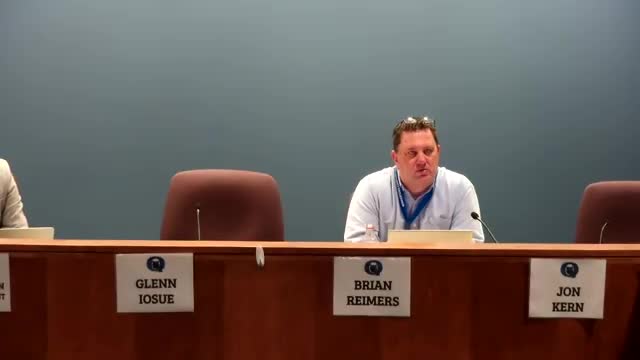Article not found
This article is no longer available. But don't worry—we've gathered other articles that discuss the same topic.
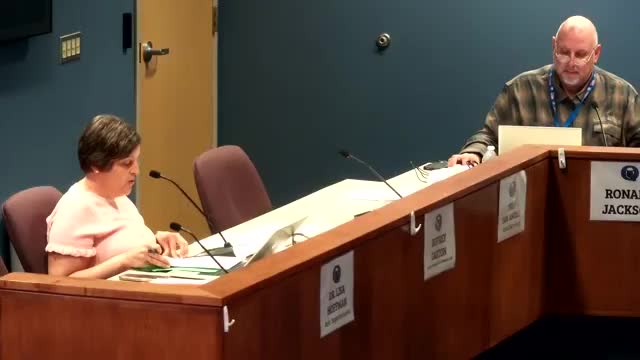
Committee reviews proposed rules for motorized bikes, scooters and skateboards on school property
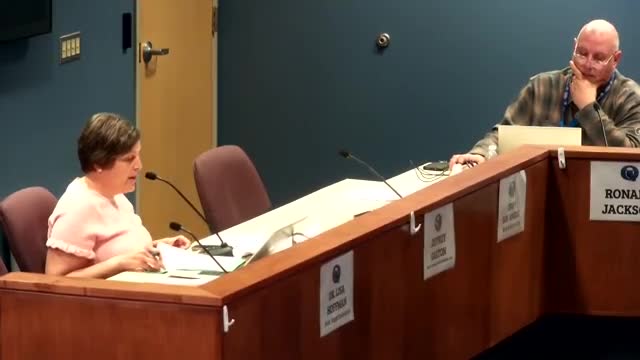
Policy committee reviews social‑media rules after platform changes; debate over comments, filters and AR visibility
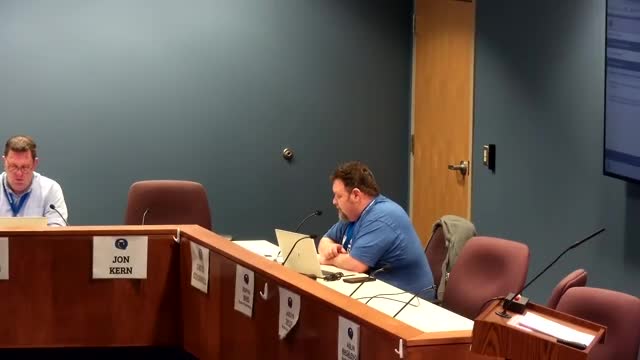
Policy committee debates language on student searches, parental notice and definition of imminent threat
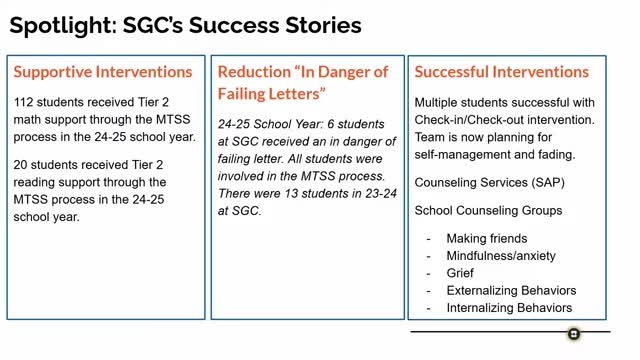
District reports declines in office discipline referrals and expanded MTSS supports at secondary schools
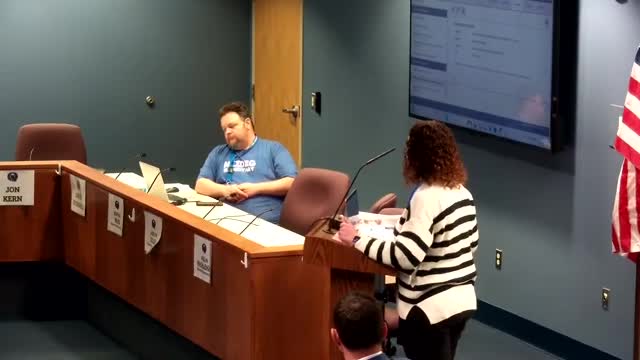
District reports rising special‑education enrollment and small increase in gifted identifications; staff propose universal screener and staffing additions
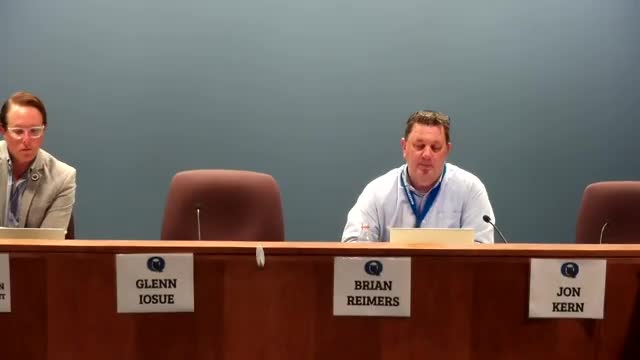
Board committee previews science textbooks, climate action kits and design‑thinking materials for review
